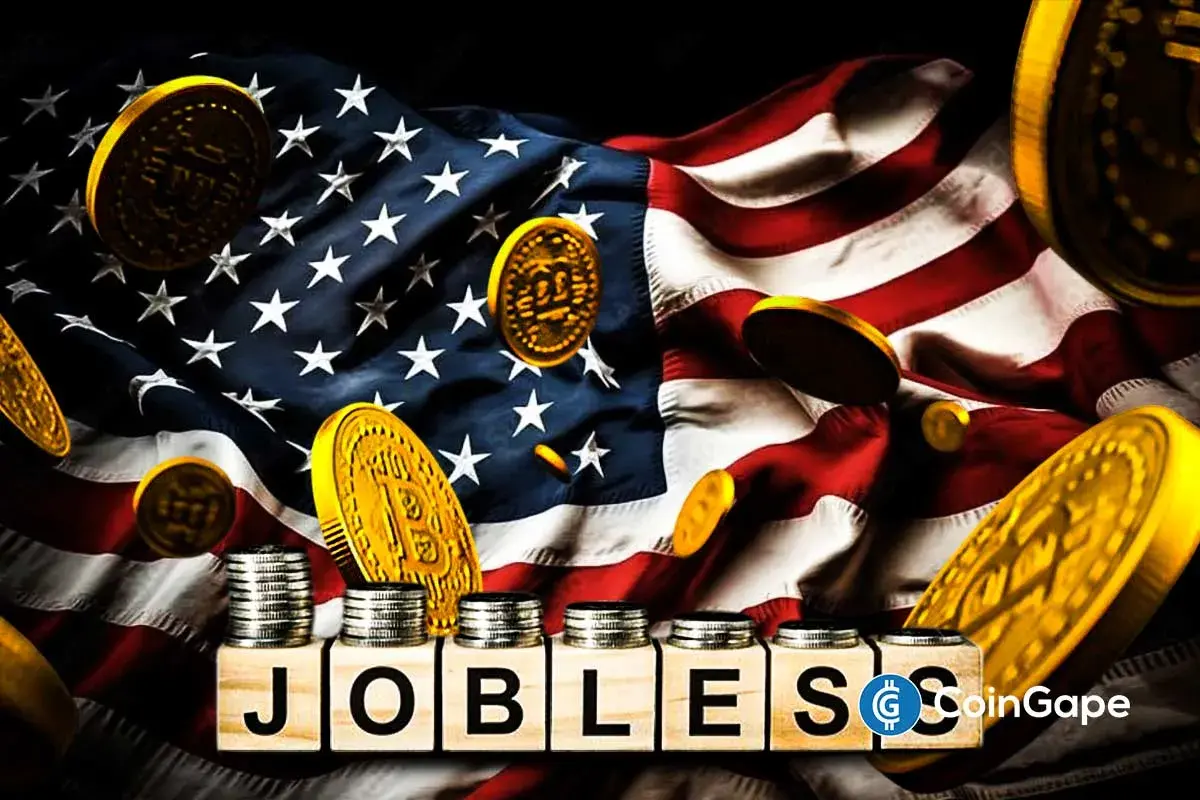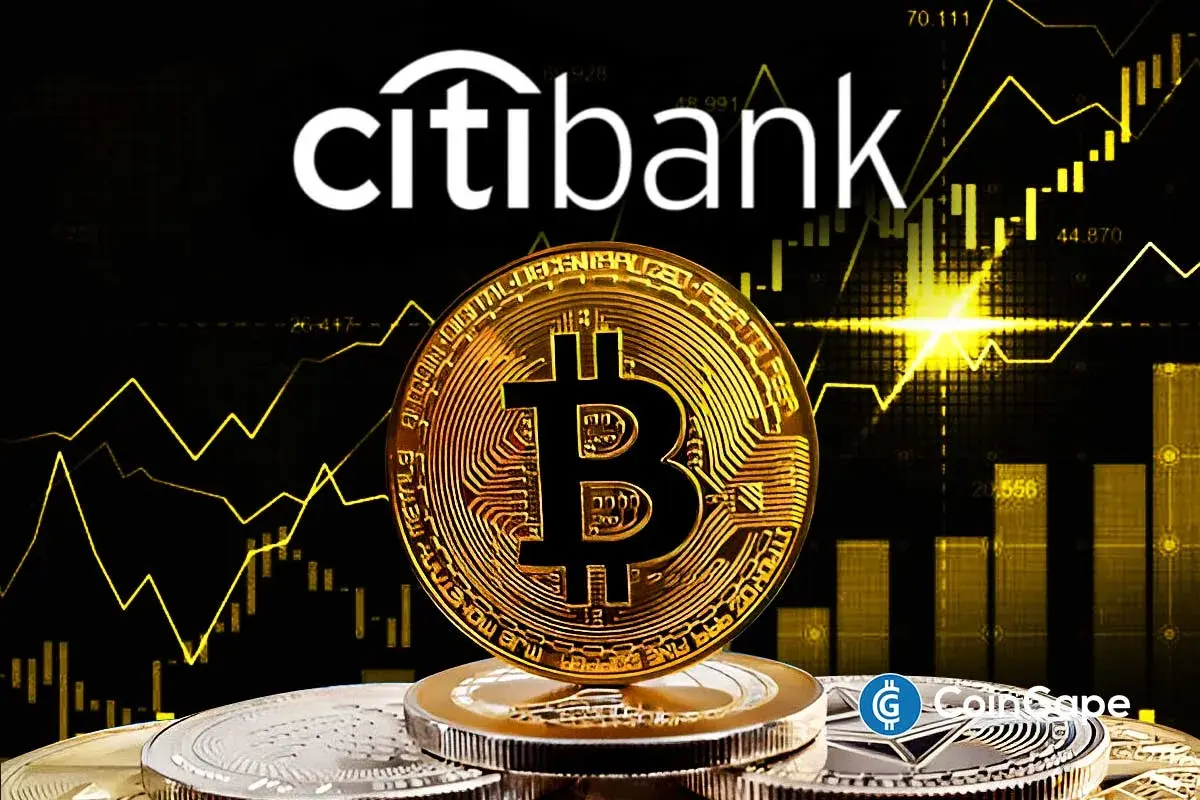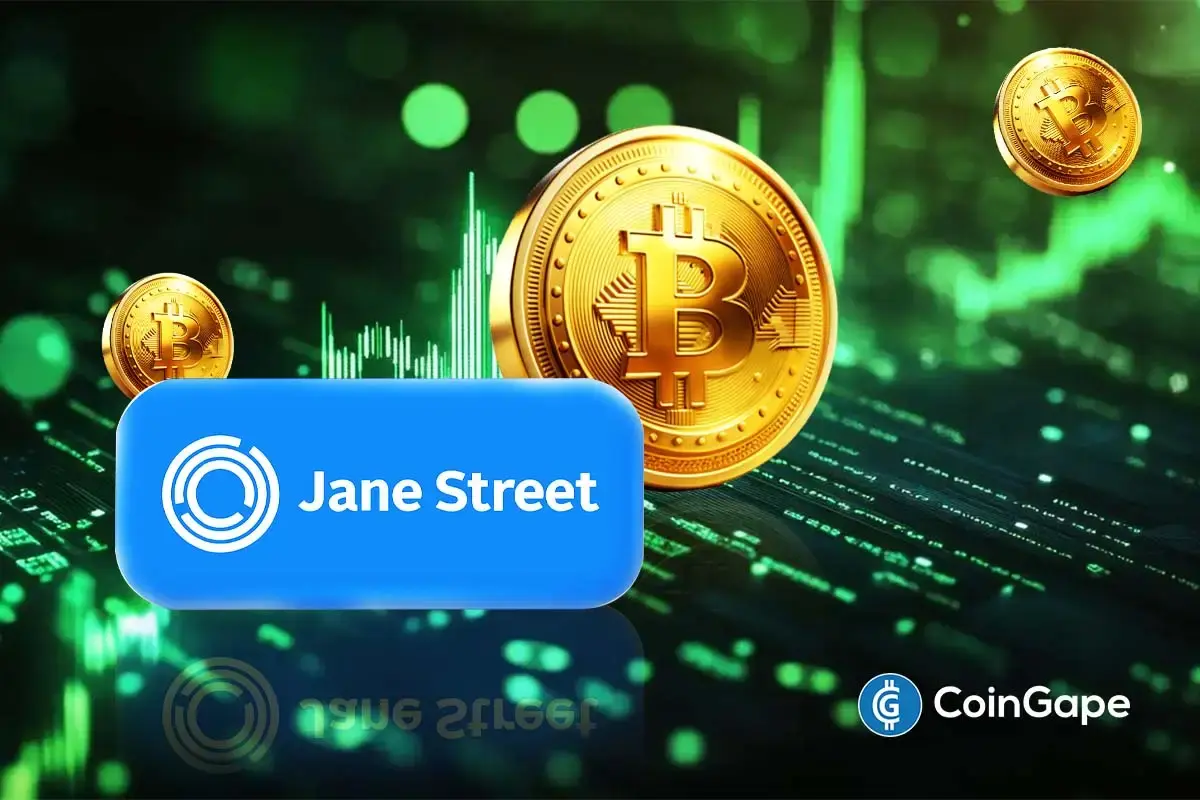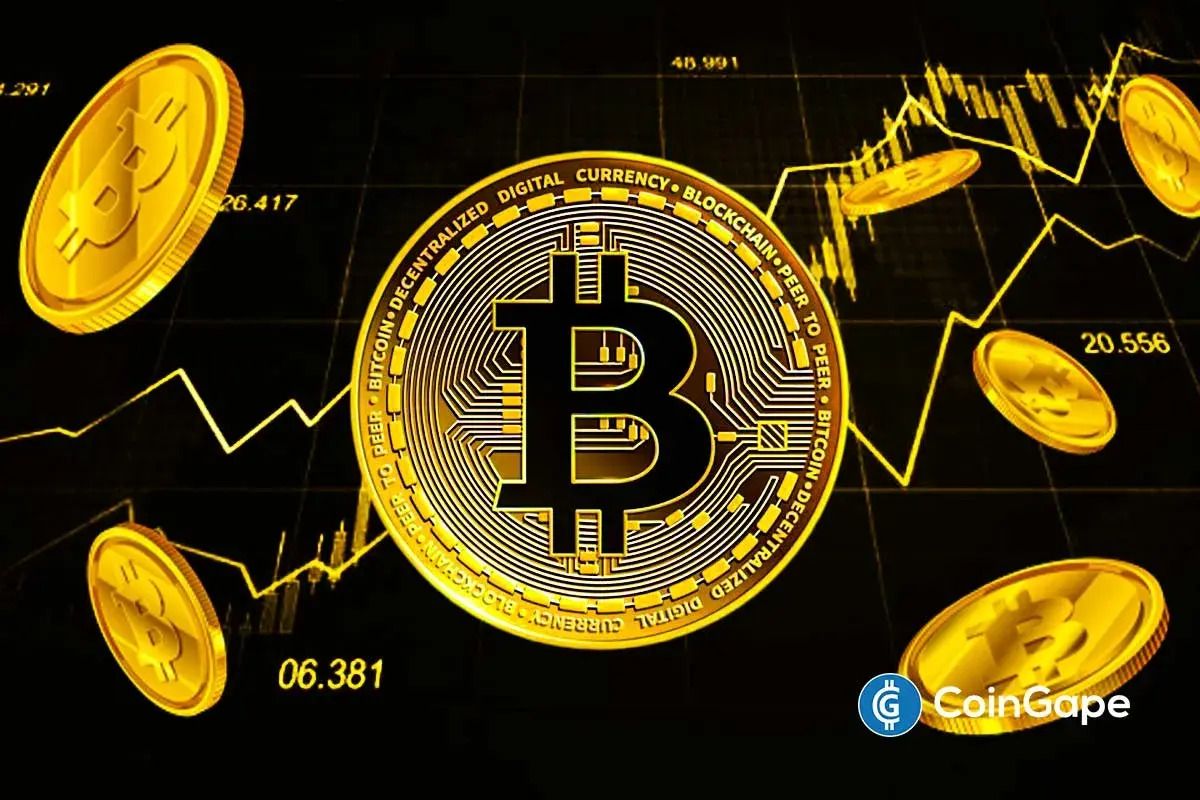Bitcoin Touted as Potential Escape Route in U.S. Debt Crisis

Highlights
- Federal Reserve Chairman Jerome Powell highlights the unsustainable growth of the U.S. national debt, now at $34 trillion.
- Powell emphasizes the need for fiscal sustainability amid a backdrop of aggressive interest rate hikes to combat inflation.
- Samson Mow, CEO of Jan3 and Bitcoin advocate, proposes Bitcoin as a solution to the U.S. debt crisis.
Samson Mow, CEO of Jan3 and a prominent advocate for Bitcoin, highlighted comments made by Federal Reserve Chairman Jerome Powell on the state of the U.S. national debt. During a notable appearance on the “60 Minutes” show, Powell expressed concerns about the country’s fiscal sustainability, pointing out that the national debt, currently at $34 trillion, is increasing much faster than the economy’s growth. This admission has sparked discussions across financial circles, with Mow suggesting Bitcoin as a viable solution to “a Debt Spiral.”
Powell’s Warning on Fiscal Sustainability
Jerome Powell’s interview shed light on the pressing issue facing the U.S. economy, the rapid growth of the national debt. The Fed chairman was candid about the federal government’s unsustainable path, emphasizing that the debt’s growth rate surpasses that of the U.S. economy.
This situation, he noted, results in borrowing from future generations, a practice that raises serious long-term concerns. Powell underscored the importance of prioritizing fiscal sustainability, advocating for action sooner rather than later. His remarks come after the Federal Reserve’s aggressive interest rate hikes — 11 times in a recent bid to control inflation, which has reached its highest level in over 40 years. Despite these measures, Powell signaled a careful approach to reducing interest rates going forward, hinting at a cautious optimism that a recession may have been avoided for now.
Bitcoin as a Solution to Debt Challenges
Amid these fiscal challenges, Samson Mow has proposed Bitcoin as a potential solution to the U.S. debt crisis. Mow’s perspective is rooted in the inherent properties of Bitcoin, which he describes as “harder money” compared to the U.S. dollar. Unlike fiat currencies, Bitcoin’s supply is capped at 21 million, a feature that Mow argues could help stabilize economic systems by preventing the unchecked expansion of money supply. This proposal is not without precedent; El Salvador has already adopted Bitcoin as a national currency, with Mow playing a key role in this pioneering move.
Mow’s argument hinges on the agility and foresight of nation-states in addressing their fiscal woes. He warns that countries slow to adopt such measures might be unable to escape the spiraling debt trap as economic growth fails to keep pace with spending and debt servicing demands. This stance presents Bitcoin not just as a digital asset or investment vehicle but as a foundational element for a new economic paradigm that could offer a way out of the debt spiral many countries, including the U.S., find themselves in.
The suggestion to use Bitcoin as a tool for fiscal sustainability adds a new dimension to the ongoing debate about the role of cryptocurrencies in global economics. Given their decentralized nature and fixed supply, advocates like Mow see digital currencies as a means to enforce fiscal discipline. Critics, however, raise concerns about volatility, regulatory challenges, and the technological and societal shifts required to adopt cryptocurrencies nationally or globally.
Read Also: Solana Block Production Resumes After 5-Hour Outage
Play 10,000+ Casino Games at BC Game with Ease
- Instant Deposits And Withdrawals
- Crypto Casino And Sports Betting
- Exclusive Bonuses And Rewards

- Glassnode Signals Bitcoin Still Faces Downside Risk Amid Massive Sell Pressure at $70K
- U.S House Introduces Bipartisan Crypto Bill To Protect Crypto Developers Amid DeFi Push Under CLARITY Act
- XRP News: Ripple Unveils Funding Hub To Support Innovation On XRPL
- ZachXBT Names Axiom Exchange in Alleged Employee Crypto Insider Trading Investigation
- Bitcoin Falls as U.S. Jobless Claims Signal Labor Market Rebound
- Top 2 Price Predictions Ethereum and Solana Ahead of March 1 Clarity Act Stablecoin Deadline
- Pi Network Price Prediction Ahead of Protocol Upgrades Deadline on March 1
- XRP Price Outlook As Jane Street Lawsuit Sparks Shift in Morning Sell-Off Trend
- Dogecoin, Cardano, and Chainlink Price Prediction As Crypto Market Rebounds
- Will Solana Price Rally to $100 If Bitcoin Reclaims $72K?
- XRP Price Eye $2 Rebound as On-Chain Data Signals Massive Whale Accumulation

 Buy $GGs
Buy $GGs

















